Scientists find predator-prey-like interactions in spinning particles, challenging physics and opening doors for quantum tech.
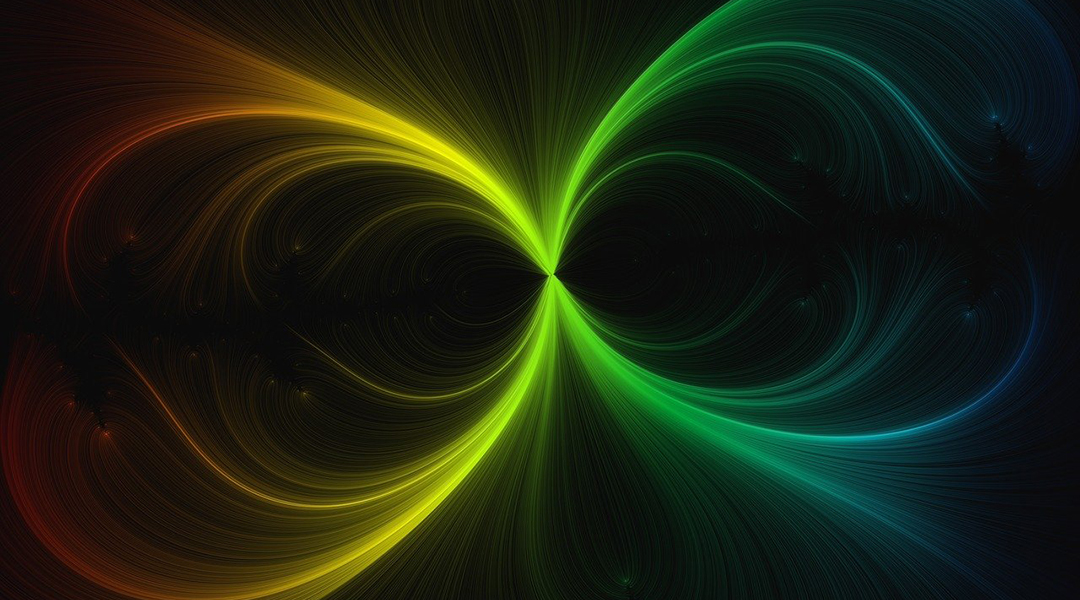


Scientists find predator-prey-like interactions in spinning particles, challenging physics and opening doors for quantum tech.
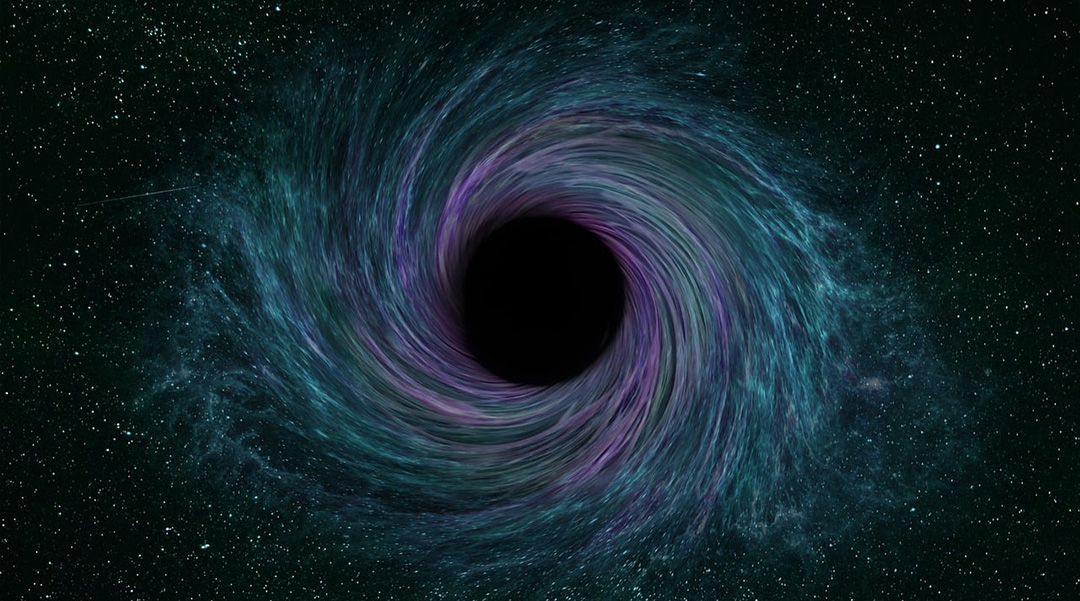
Linking string theory with observations, frozen stars shed new light on black holes and the clash between quantum mechanics and relativity.

Scientists propose that mysterious dark energy could be understood if we look at the Universe through the lens of string theory.
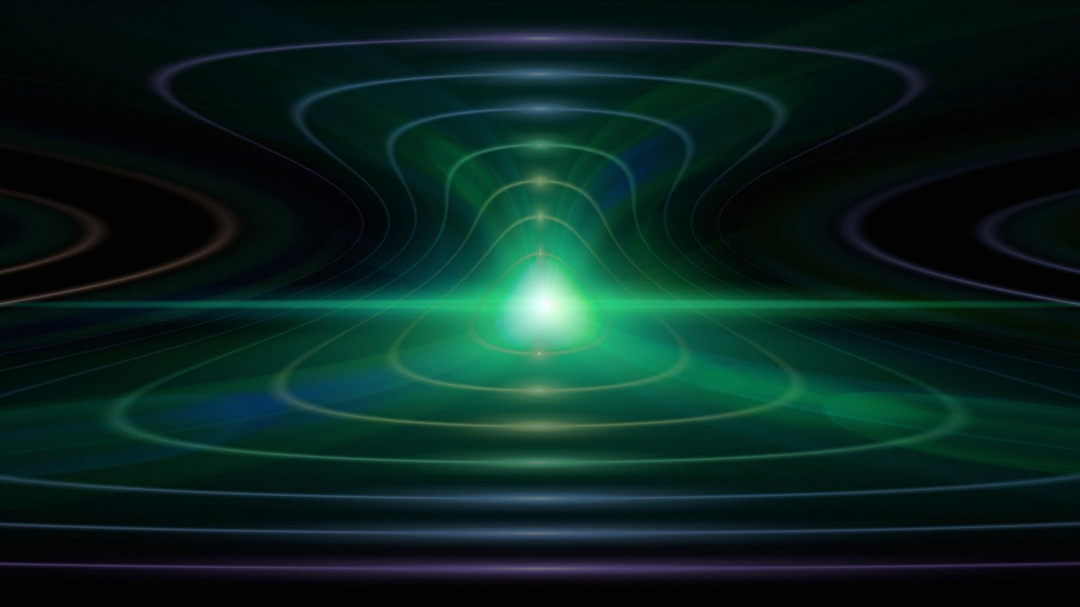
Secure data sharing methods using quantum key distribution via satellites promise advancements in long-distance quantum communication.
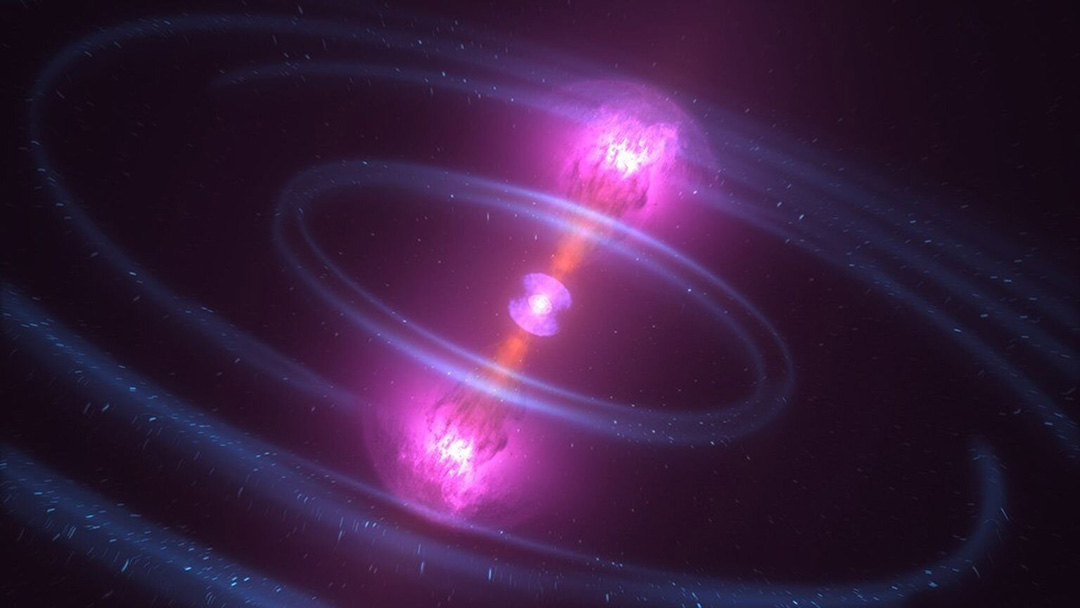
Discover how the rare star HD 65907, a field blue straggler, formed from the merger of two stars.

Quantum communication doesn’t necessarily need to be delayed; it might be possible to integrate it into existing fiber optic networks.

A new study explores tetraquarks, predicts new exotic particles, and offers deeper insights into their complex structure and behavior.

Researchers at CERN’s Large Hadron Collider explore subtle energy signals to search for new physics beyond the Standard Model.
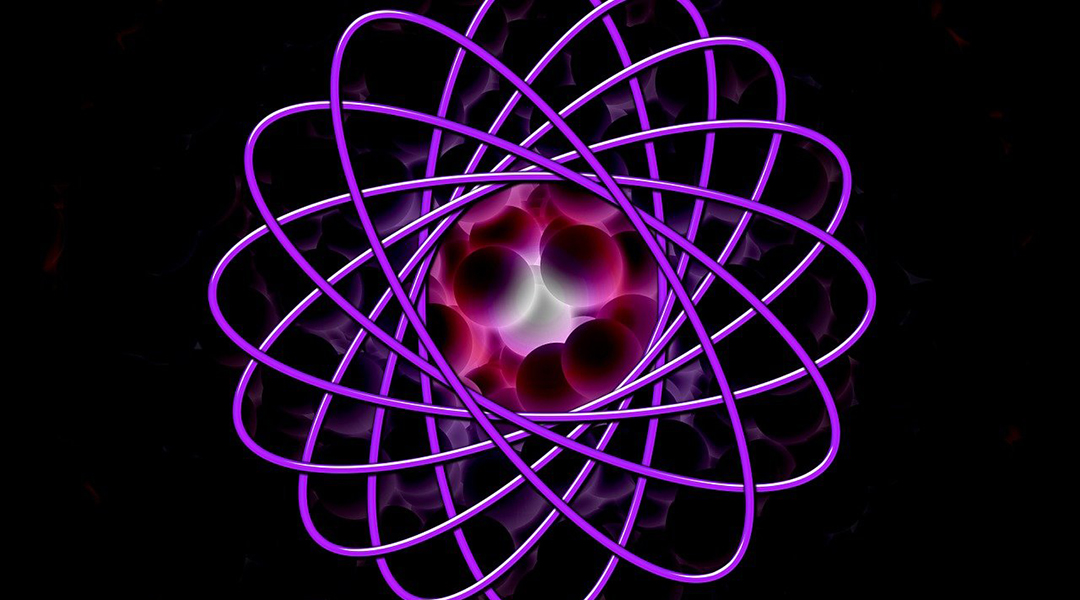
Scientists use cutting-edge techniques to study rare atomic systems called hypernuclei shedding light on subatomic forces and neutron stars.
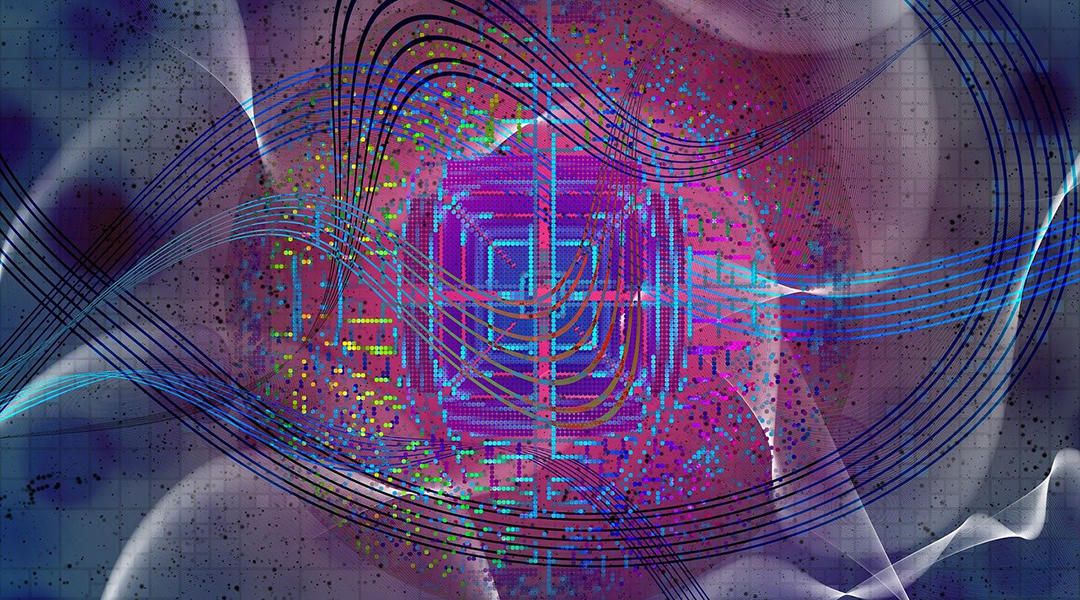
An antenna designed to create an optimized magnetic field puts electrons into the required quantum states for quantum sensing devices.